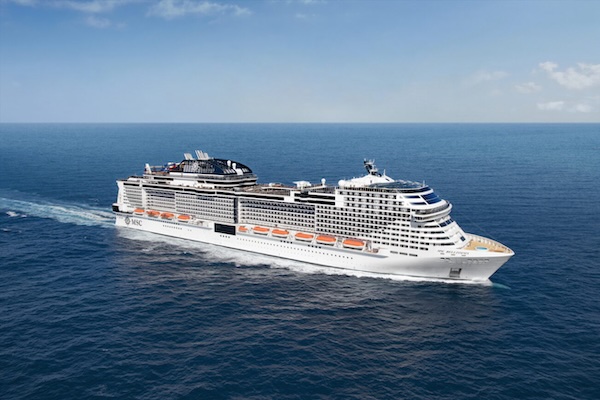MSC Cruises is taking a significant step towards sustainability with the introduction of a new itinerary planning tool designed to reduce emissions.
- This pioneering technology aims to cut emissions by up to 15% across the fleet by 2026, marking a notable advancement in cruise industry practices.
- The tool, known as OptiCruise, utilises a sophisticated mathematical model developed with the University of Genoa to enhance itinerary efficiency.
- By considering various factors such as port sequencing and operational costs, the tool optimises energy use without compromising passenger appeal.
- MSC Bellissima has successfully tested this technology over a 12-month period in the Mediterranean, proving its practical application.
MSC Cruises is implementing a new itinerary planning tool, targeting a reduction in ship emissions by up to 15% in 2026. This ambitious initiative underscores the company’s commitment to environmental sustainability within the cruise industry.
The revolutionary tool, named OptiCruise, employs a mathematical model created in collaboration with a research team from the University of Genoa. This model assesses numerous variables affecting itinerary planning, thus achieving optimal efficiency while maintaining the appeal for passengers.
Traditionally, cruise itinerary planning has heavily prioritised destination attractiveness to entice holidaymakers. However, OptiCruise expands this focus by incorporating elements crucial for energy efficiency, including port call sequencing, departure and arrival times, ship speed, as well as operational costs such as fuel, port charges, and onboard provisions.
With cruise itinerary planning typically occurring two years in advance, the full advantages of OptiCruise are expected to be realised by 2026, when MSC Cruises will have a fleet of 24 ships.
The MSC Bellissima served as the testing ground for this innovative technology, operating across 17 different ports in the Mediterranean over a year-long trial. The results demonstrated significant fuel savings and emissions reductions ranging between 10-15%, in line with MSC Cruises’ broader strategy to reach net-zero greenhouse gas emissions by 2050.
OptiCruise aligns with the company’s operational efficiency goals, leveraging digitalisation to curtail energy usage. Michele Francioni, MSC Cruises’ Chief Energy Transition Officer, emphasised, “We have identified and developed this new technology to optimise the decision-making process of itinerary planning with the aim to further reduce emissions across our fleet from 2026.”
This initiative by MSC Cruises represents a forward-thinking approach to sustainable maritime operations.

